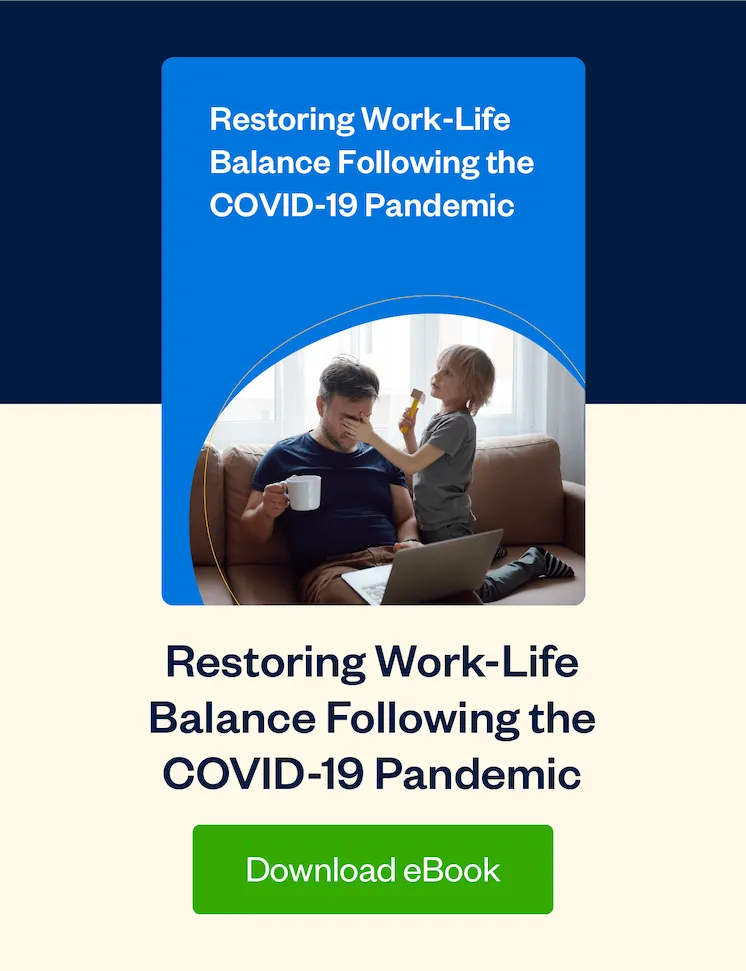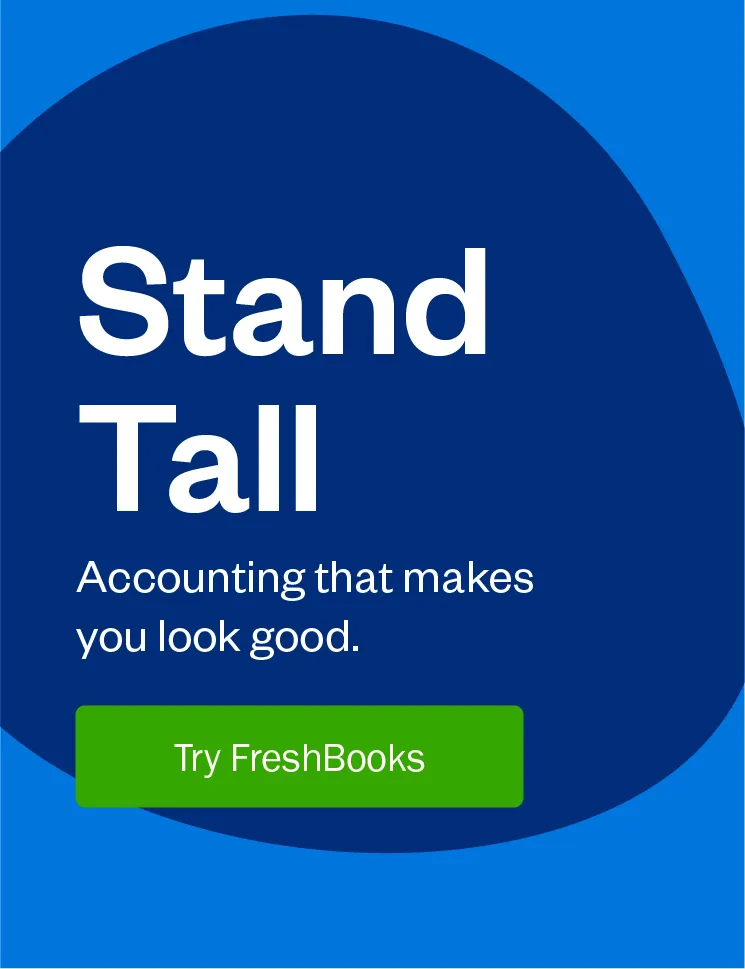Securing funding can be essential to the success of your business. But for women entrepreneurs, that journey is often harder than it should be.

While men and women typically seek financing for similar reasons (such as starting costs, inventory purchase, or new equipment) and at similar rates, men are more likely to obtain financing, when compared to women. Despite the persistent gender funding gap, more and more women are starting businesses. In fact, according to SCORE’s recent report on women entrepreneurs, “The Megaphone of Main Street: Women’s Entrepreneurship”, women-owned companies now make up 39% of the 28 million small businesses operating in the United States.
Some people argue that the reason why so many women are denied financing has more to do with the stability of their industries than their gender. Whatever the cause, there does appear to be a chilling effect: Many women entrepreneurs are affected by the perceived gender bias and may avoid looking for financing because of it. According to a 2017 survey by the Federal Reserve Bank of New York, women business owners have become discouraged and decided not to apply for financing in the past, specifically for fear of being turned down, at a higher rate than men.
From freelancers and solopreneurs to entrepreneurs of all kinds, women in business already face many unique challenges. Access to financing because of gender bias shouldn’t be one of them.
Fortunately, there’s also dedicated support out there for women entrepreneurs, and some organizations are actively working to level the playing field. Access to information and mentoring can make all the difference in getting the financing needed to make your business a success.
Here are some of the best business loans, grants, and financing options for women entrepreneurs looking to expand their businesses.
Table of Contents
Small Business Administration (SBA) Loans
The SBA partners with financial firms to offer business loans for women who might not qualify for other types of business funding. Many small business owners compete for SBA loans because these loans have lower interest compared to other financing options.
However, because a government unit is involved in the process, SBA loans take a while to secure. That means that they aren’t a great option if you need access to fast funds. For example, if you need capital to take advantage of a time-sensitive opportunity, you’ll probably need to look elsewhere.
Traditional Bank Loans
Traditional bank loans have a high bar for qualification and are some of the least expensive forms of business financing available. If you’re able to get approved for a conventional bank loan, you’ll enjoy a fixed interest rate attached to your loan. And when you repay your installments on time, you build up your credit score.
The downsides to traditional term loans from major banks can be significant, though: First, there’s paperwork to do (sometimes hours and hours of it). Second, you’ll need to put up some collateral which you would stand to lose in the event that you can’t pay back the loan (many business owners use property, like their family home). Third, since it’s not profitable for banks to loan smaller sums of money, you may need to apply for a much bigger loan than you actually need. Whether a term loan from a major bank is a good choice for you will largely depend on a combination of your credit score, and how you feel about these caveats.
Alternative Lending Options for Women Entrepreneurs
Regardless of gender, freelancers and solo entrepreneurs often don’t qualify for conventional bank financing. However, other financing vehicles offer short-term loans, lines of credit, invoice financing, and more. Forms of alternative lending models include:
- Peer-to-peer (P2P) lending: P2P lending platforms are on the rise; they connect borrowers in good standing with lenders willing to finance. P2P lending platforms like Funding Circle and Lending Club create a bridge between small business owners and investors without involving financial institutions. But while P2P loans are relatively easy to obtain, they can have high-interest rates and other fees. New businesses also have a difficult time qualifying.
- Business Lines of Credit: Unlike a term loan, a business line of credit allows you to reuse and repay your borrowing limit as long as you make your payments on time and never exceed your credit limit.
- Crowdfunding: Platforms like Indiegogo, Peerbackers, and Kickstarter offer entrepreneurs a way to raise money through crowdfunding. By posting the details of your project or business idea, you can raise funds when people who believe in your venture either donate or invest money.
Grant Opportunities for Women Entrepreneurs
While there may not be bank loans or alternative financing options dedicated to women entrepreneurs, there are grants reserved for women who run businesses. Grants can be difficult to obtain; they’re time-consuming, highly competitive, and can involve a research-intensive process. However, if your hard work pays off and you’re fortunate enough to win one, you get the funds free and clear.
Here are the top grants for women entrepreneurs:
The Amber Grant
The Amber Grant has been awarding grants to 12 women entrepreneurs each year since 1998. Each month, a winning small business owner receives $10,000. At the end of the year, one of those 12 recipients earns an extra $25,000.
The Tory Burch Foundation’s Fellows Program
The Fellows Program is a one-year fellowship that provides entrepreneurial women with the tools they need to lead, grow, and scale their small businesses. It awards up to 50 grants of $5,000 to women entrepreneurs. Recipients also get access to virtual education programming, workshops, and business guidance, plus a 5-day workshop complete with networking and Pitch Day at the Tory Burch campus (pending COVID-19 restrictions).
Cartier Women’s Initiative Awards
Awarded to “women entrepreneurs heading businesses with the potential to grow significantly in the years to come,” this super-competitive program awards 7 grants of $100,000 each, and another 14 grants of $30,000 each. They also recently launched a new award (The Science & Technology Pioneer Award) that’s dedicated to recognizing women entrepreneurs at the forefront of scientific and technological innovation. Top prize includes a $100,000 grant, with the 2 runners-up each receiving a $30,000 grant.
The Open Meadows Foundation
The Open Meadows Foundation aims to improve the lives of women and girls by supporting women-owned businesses. As the owner of a startup or small non-profit organization, you may be able to secure as much as $2,000.
Women’s Founders Network
Each year, the Women Founders Network hosts a pitch competition. Finalists receive valuable leadership, coaching, in-kind sponsorships, and cash prizes.
More Support for Women Entrepreneurs
Need more help and advice on loans and financing? Here are some of the best professional organizations that support women entrepreneurs by providing them with the resources they need to overcome the unique challenges women business owners face:
- The National Association of Women Business Owners: Founded in 1975, NAWBO helps women entrepreneurs succeed economically, socially, and politically.
- The National Association for Female Executives: Since 1972, NAFE has helped women entrepreneurs by providing educational support, networking opportunities, and public advocacy for women.
- The Association of Women’s Business Centers: AWBC is a national chain of more than 100 centers spread out across the U.S. Each year, they provide training, mentoring, business development, and financing opportunities to over 140,000 women entrepreneurs in every state.
Webinar: Beating the Odds as a Woman in Business: How to Fund and Scale Like a Boss

Written by Irene Malatesta, Senior Content Marketing Manager and Editor
Posted on March 8, 2021

 How to Get a Small Business Loan in 7 Easy Steps
How to Get a Small Business Loan in 7 Easy Steps 10 Simple Strategies That Will Help You Boost Your Income
10 Simple Strategies That Will Help You Boost Your Income Using Student Loans to Start a Business: Is It Worth the Risk?
Using Student Loans to Start a Business: Is It Worth the Risk?





